
Mums are popular Autumn plants beloved for their bright flowers, but they're not safe for cats. Mums, or chrysanthemums, contain substances that can cause harm if your cat eats them, and contact with mums can irritate your cat's skin.
Here's what every cat lover should know before displaying mums in or around their home.
Mums contain chemical compounds that are toxic to cats, specifically pyrethrins and sesquiterpene lactones. These compounds work to protect the flower from insects and are sometimes used to create pesticides and bug repellants. However, cats are especially sensitive to these chemicals—eating mums or even coming into contact with the flowers can lead to toxicity.
Pyrethrins tend to irritate the gastrointestinal tract, but the real danger lies in the chemical's potential to harm the nervous system. Pyrethrins are used to create synthetic pyrethroids, longer acting synthetically modified compounds, which are used in flea and tick prevention products for dogs. Mums contain the natural form of pyrethrins, which are in a lower concentration and do not persist as long in the environment. Therefore, it would take a concentrated plant extract or a very large number of mums to be ingested before neurologic signs would be expected. Pyrethrin toxicity in cats is most common after the accidental use of dog pest control products. The toxic chemical is rapidly absorbed into a cat's body after ingestion or skin contact and may cause tremors or seizures.
Sesquiterpene lactones are known skin irritants found in various plants, including mums. Fortunately, simply brushing up against the plant is unlikely to cause problems since a cat's fur protects the skin. Cats are most likely to be exposed to this chemical in powdered mums, but direct skin contact with the flowers can technically cause a reaction.
Mums are members of the genus Chrysanthemum and part of the Aster family (Asteraceae). There are about 40 species of chrysanthemum and over 100 varieties available from florists. These go by many names, including mum, chrysanth, daisy, pompon, and button. All types of chrysanthemums are considered toxic to cats, and the minimum toxic dose is unknown, so it's important to report exposure to your veterinarian promptly. In general, it's best to avoid bringing mums to your home so you can keep your cat safe.
If your cat eats or comes into contact with any part of the chrysanthemum plant, you may notice signs within minutes to hours. Eating mums may cause gastrointestinal upset (most common) and central nervous system effects, which may become serious if left untreated. Skin contact can lead to dermatitis, which may look like an allergic skin reaction. Toxic effects range from mild to severe depending on the amount of toxin and the individual cat's sensitivity.
Contact your veterinarian if you suspect your cat has eaten part of a mum, even if you do not see any signs of illness. Record the time and amount eaten, if known. Your vet may advise you to come in right away or contact a poison service, such as ASPCA Poison Control or Pet Poison Helpline. If your cat is exposed to mums and your vet's office is closed, call an emergency veterinary facility or animal poison control for advice. Do not wait for symptoms to occur before taking action.
Never attempt to make your cat throw up without instructions from your vet, as this may cause more serious complications.
If your cat's skin has come into contact with a pyrethroid compound or mums, wash the area immediately with a gentle, cat-safe shampoo, and call your vet for further advice. If the chemical is on their fur, licking it may lead to excessive drooling and oral irritation in addition to the GI and neurologic risks. Your vet may need to treat the skin irritation with oral or topical medications and evaluate your cat for pyrethrin toxicity.
There is no antidote for pyrethrin toxicity in cats, so treatment will primarily consist of supportive care, including fluids and medications to ease pain, inflammation, and gastrointestinal distress. Cats with neurological signs may be treated with anti-convulsive medications or sedatives to control seizures or tremors.
The best way to protect your cat from mums is to keep them out of reach. If your cat stays indoors, you can safely keep mums in outdoor pots and gardens, but be sure to wash your hands after handling them. Avoid keeping mums on your property if your cat goes outdoors, but be aware that your curious kitty may be able to find the flowers on a neighbor's property. Make sure to use a proper feline approved product to protect your pet from parasites. Using dog products, even when splitting the dose can cause serious toxicity concerns.
Mums are out, but that doesn't mean you can't display plants and flowers in and around a home you share with cats. Consider these cat-safe houseplants, flowers, and garden plants:
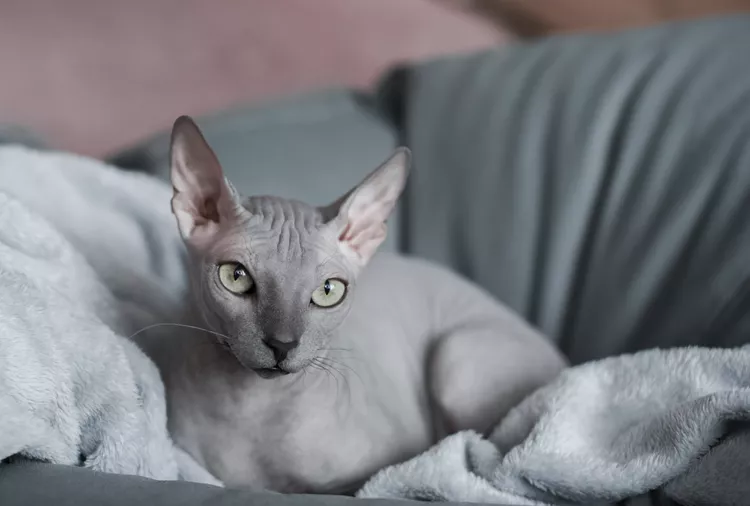
212 Hairless Cat Names For Your Beautifully Bald Feline
Discover the perfect name for your hairless cat with our list of over 200 creative and unique names. From quirky to classic, find a fitting choice for your beautifully bald feline companion.
8 Things Your Cat Loves
Just like humans, cats can have a long list of things they like. Find out what cats love so you can keep your cat happy and healthy.
How to Tell If a Kitten is a Boy or a Girl
If you're wondering whether your new kitten is a boy or a girl, here are three ways to help determine the sex of your cat.
8 Tips to Help Cats Enjoy Car Travel
Cats are creatures of habit, and they hate to travel. Learn tips to prepare them for travel in the car, whether going to the vet or on vacation.
Common Causes of Mucus in Dog Poop
Seeing mucus in your dog's poop can be concerning to a dog owner. Here are common causes and treatment of mucus in a dog's stool.
Is Shrimp Bad For Dogs?
Shrimp can be a healthy, nutritional food for people but can dogs eat them, too? What are the main concerns with feeding shrimp to your dog?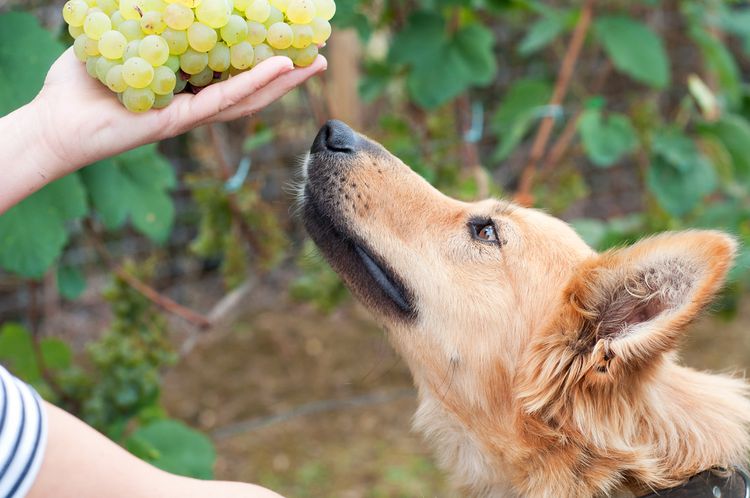
Can Dogs Eat Grapes?
Are grapes safe for dogs? Grapes and raisins can cause serious toxicity in dogs. Find out what to do if your dog eats grapes.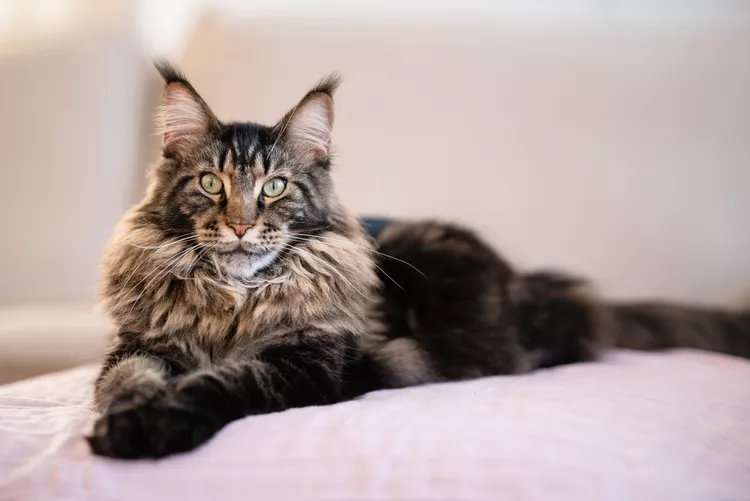
Maine Coon Cat: Breed Profile, Characteristics & Care
The Maine Coon cat is of the largest cat breeds in the world. These amiable, gentle cats make great companions. Learn about the Maine Coon cat breed's appearance, temperament, health, and care needs.
Selkirk Rex: Cat Breed Profile, Characteristics & Care
The Selkirk Rex is a charming cat with a tousled coat and a loving, laid-back personality. Learn about the Selkirk Rex breed.
How to Stop Your Cat From Chewing Electrical Cords
Cats are known to pounce and attack inanimate objects, like electrical cords. Learn how to prevent your cat from ambushing objects that may harm it.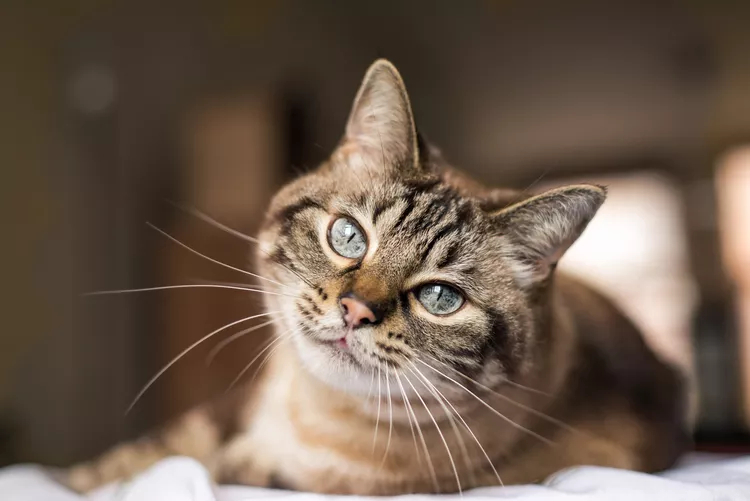
What Do Cats Think About?
Have you ever wondered what cats think about? A number of studies have explored cat behavior and feline cognition, but there's still more to learn.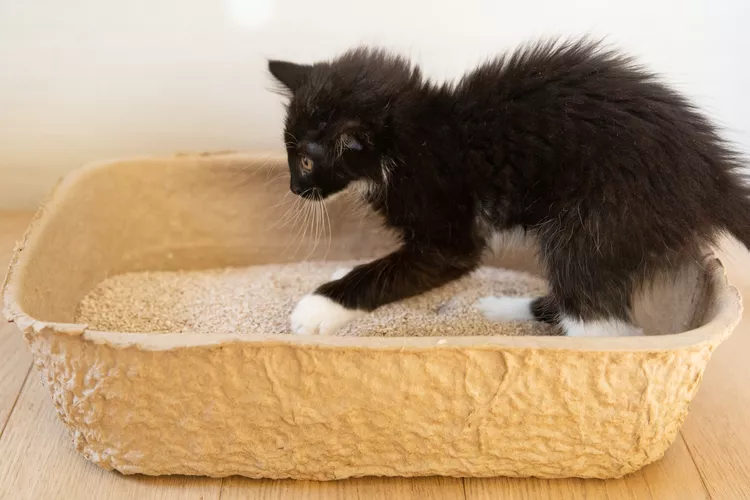
Training Your Kitten to Use the Litter Box
Bringing home a new kitten means they need to learn how to properly use a litter box. Discover how to successfully litter box train your kitten.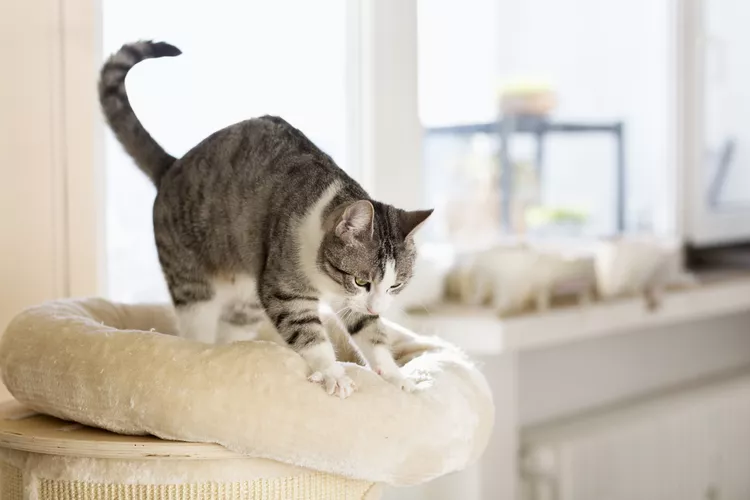
Why Do Cats Knead?
Kneading is a common behavior in cats of all ages. Learn why cats "make biscuits" and what it means for you, your cat, and all your blankets.
Dandie Dinmont Terrier: Dog Breed Characteristics & Care
Learn about the Dandie Dinmont Terrier, a silky dog breed with a signature puff of hair atop its head and a friendly, companionable personality.
Tibetan Mastiff: Dog Breed Characteristics & Care
Learn about the Tibetan mastiff, an ancient guardian dog breed. This breed is known for their massive stature, flowing mane, and protective personality.
4 Reasons Why Your Dog Licks Their Butt
Butt-licking in dogs can be a part of normal grooming, but excessive butt-licking is not normal. Read about the most common reasons for this behavior.
How to Teach Your Dog the "Leave It" Command
Training your dog the "leave it" command is a great way to instill self-control. Learn how to teach your dog to not pick things up from the ground.
How to Solve Your Dog's Fear of Car Rides
Is your dog scared of car rides? This fear of riding in cars is common. Learn why your dog is scared of car rides and how to help conquer this fear.
Can Dogs Get Depression? How to Help Your Sad Dog
Can dogs get depression? Learn about the signs of depression in dogs and find out how to help your sad dog.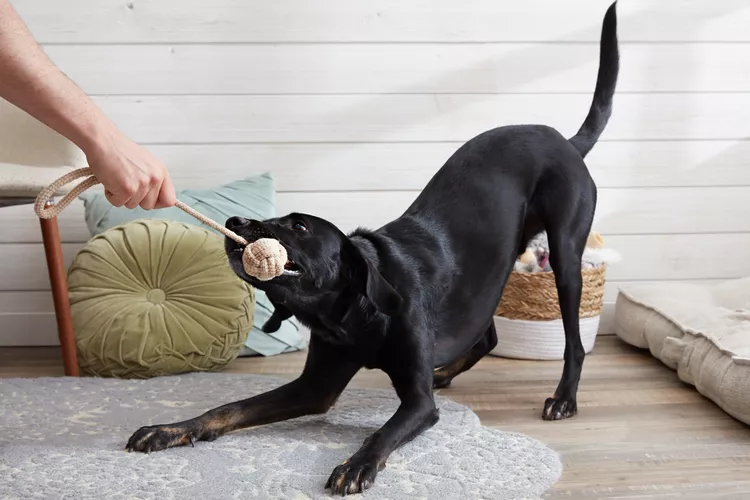
How to Play Tug of War With Your Dog
Many dogs love to play tug of war, and it's a healthy game that provides great exercise. Learn the best way to safely play tug of war with your dog.